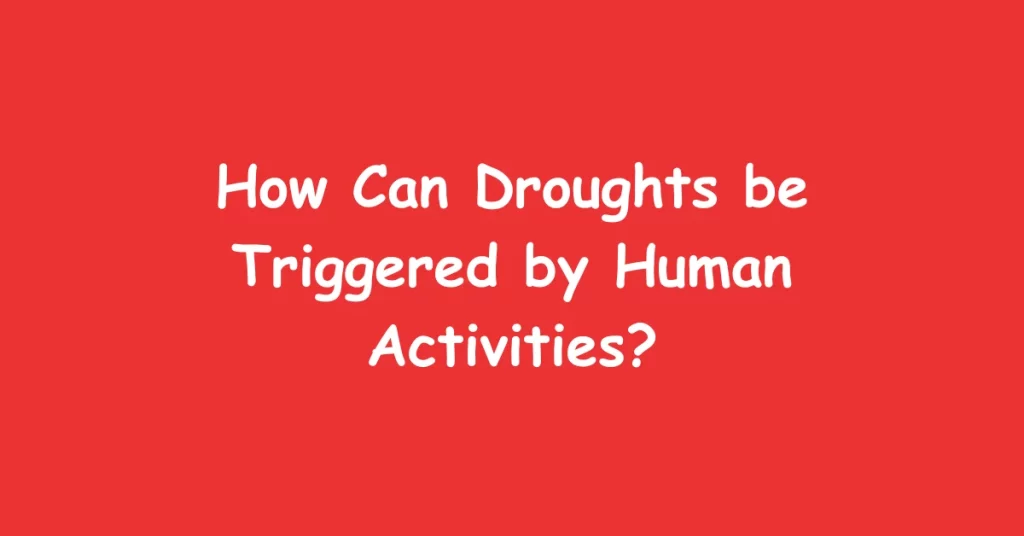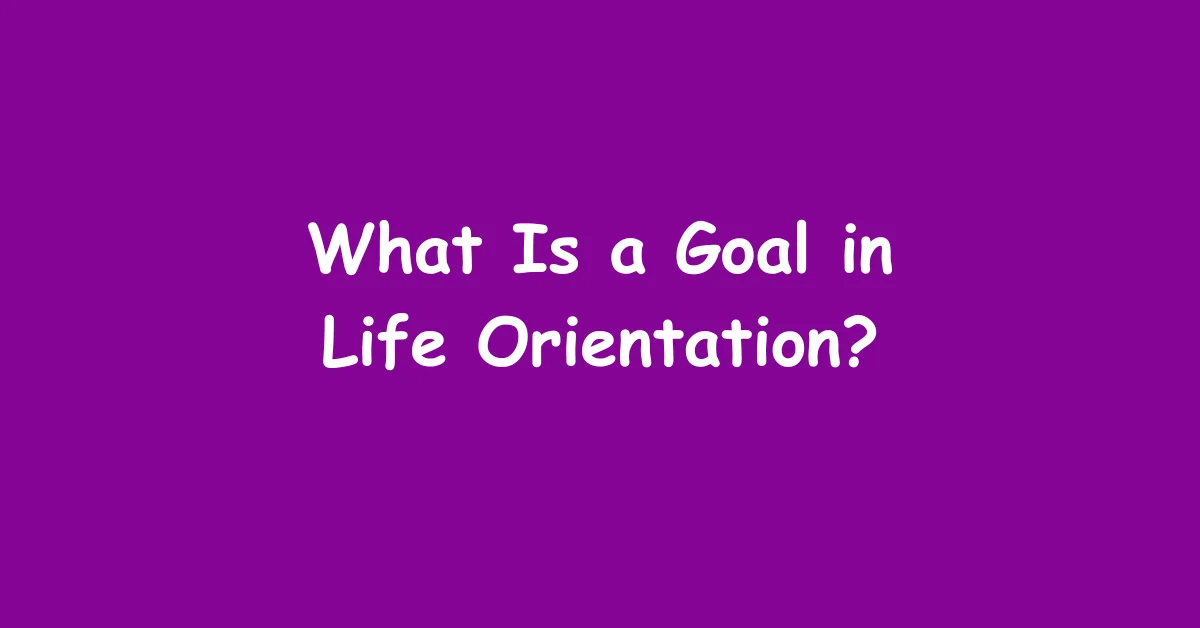Droughts are becoming a bigger problem in South Africa and around the world, affecting many different areas of life. While natural weather patterns play a big role in causing droughts, things that people do are making these dry spells worse and more common. It’s really important to understand how our actions can lead to droughts so we can try to stop them from happening.
Climate Change Caused by Humans: A Big Problem
One of the main ways people cause droughts is through climate change. When we burn fossil fuels like oil and gas, cut down forests, and do other things that release greenhouse gases, we trap more heat in the Earth’s air. This is called the greenhouse effect, and it’s making the whole planet warmer. This change in temperature messes up weather patterns and how much rain we get.
As it gets hotter, water from lakes, rivers, and soil dries up faster. Also, warmer air can hold more water, which can mean less rain in some places. All of this makes droughts more likely, especially in areas that already don’t get much water.
Using Too Much Water
The way we use water can also cause or make droughts worse. When we take too much water from underground (called groundwater) for farming, factories, or our homes, we use it up faster than nature can replace it. This lowers the water table, which is the level of water underground, and can lead to droughts.
Also, when we have old or leaky pipes and water systems, we waste a lot of water. This puts more stress on our water supplies and can make dry conditions even worse.
Cutting Down Forests and Changing How We Use Land
When we cut down forests or change how we use land, it can cause droughts. Forests are like big sponges that soak up and hold water. But when we get rid of trees for farming or building, we lose this natural way of keeping water in the ground.
Without trees, more water runs off the land instead of soaking into the soil. This means less water is stored underground. Cutting down forests can also cause soil erosion, which makes it harder for the ground to hold water.
Too Many Animals Grazing and Soil Problems
When too many farm animals graze in one area, it can lead to droughts. This is called overgrazing. The animals eat up all the plants and pack down the soil with their feet. This makes it hard for the soil to soak up and hold water.
When soil gets damaged like this, it’s more likely to dry out. Also, with fewer plants to hold the soil in place, more water runs off instead of soaking in.
Building Cities and Covering the Ground
As we build more cities and towns, we cover a lot of ground with things like concrete and asphalt. These materials don’t let water soak into the soil. Instead, the water runs off quickly, which means less water is stored in the ground for dry times.
Also, as cities grow, they need more water. This puts extra pressure on water supplies, especially in places that don’t have much water to begin with.
Farming and Using Lots of Water
The way we grow food can also lead to droughts. When farmers grow the same crop over and over in one place (called monoculture), it can use up all the good stuff in the soil. This makes it harder for the soil to hold water.
Growing crops that need a lot of water in dry areas can also cause problems. It uses up water faster than the environment can replace it.
Factories and Water Pollution
Factories and other industries can cause drought problems too. They often need a lot of water to work, which can use up local water supplies. Sometimes, they also pollute water, making it unsafe to use. This means there’s even less clean water available, which can make drought effects worse.
Making Energy and Using Water
Making energy, especially in power plants that burn fuel, uses a lot of water for cooling. This can put stress on local water supplies. Even hydroelectric dams, which make power from flowing water, can cause problems. They change how rivers flow naturally and can make areas downstream more likely to have droughts.
Global Trade and Hidden Water Use
When countries trade goods, they’re also trading the water used to make those goods. This is called virtual water. If dry countries export things that need a lot of water to make, like some crops, they might be making their own water problems worse.
This means that what people buy and use in one part of the world can affect drought conditions in another part.
Climate Cycles That Make Things Worse
Human activities can start cycles that make droughts worse. For example, cutting down forests not only reduces local water, but it also adds to global warming by releasing stored carbon. This warming can lead to more droughts, which can cause even more trees to die, creating a cycle that keeps making things worse.
How We Can Help Prevent Droughts
To address these human-caused factors that lead to droughts, we need to take several steps:
- Fight Climate Change: Use more renewable energy, be more efficient with energy, and take better care of our land to reduce greenhouse gases.
- Save Water: Use better ways to water crops, reuse water when possible, and improve our water systems to waste less.
- Plant More Trees: Planting trees helps hold water in the soil and reduces erosion.
- Take Better Care of the Land: Use farming methods that keep soil healthy and able to hold more water.
- Plan Cities Better: Include more green spaces and surfaces that let water soak into the ground when building cities.
- Teach People: Help everyone understand why saving water is important and how our actions affect droughts.
- Improve Farming: Grow different types of crops, use crops that need less water, and water plants more efficiently.
- Make Industries Use Less Water: Encourage factories to use water-saving technologies and clean and reuse their wastewater.
- Manage Water Better: Look at all the ways water is used and try to balance it fairly among different needs.
- Work Together Globally: Countries should help each other manage shared water sources to prevent conflicts over water.
Conclusion
As droughts become more common, it’s really important to understand and address how human activities make them worse. We need to work together – governments, businesses, communities, and individuals – to make changes that will help prevent droughts.
By being smarter about how we use water, taking care of our environment, and working to stop climate change, we can reduce the risk of droughts. This will help ensure we have enough water in the future for everyone and everything that needs it.








